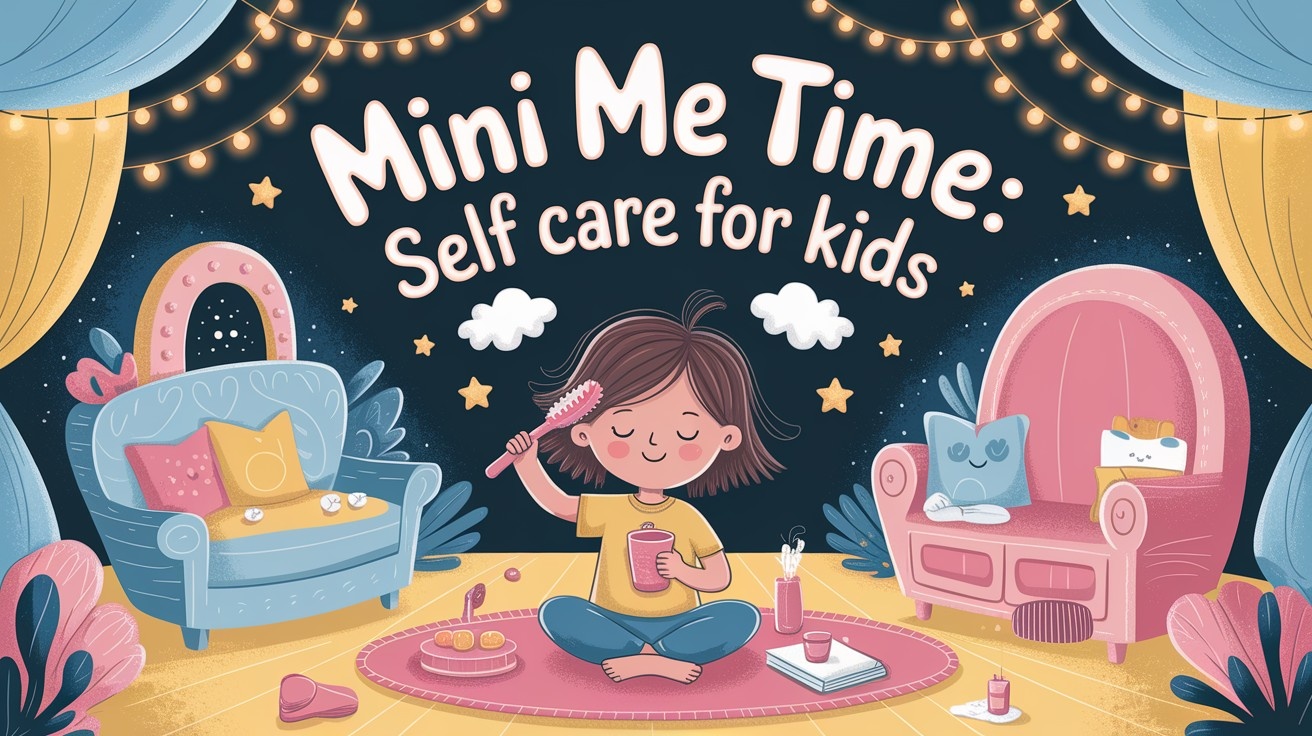
“A child who knows how to care for themselves holds the key to their happiness.” Self-care isn’t just for adults—it’s a vital skill that helps children develop independence and emotional resilience from an early age.
When kids practice self-care activities, they learn to recognize their own needs and develop healthy coping mechanisms.
These foundational skills support them through challenges of all sizes, creating pathways for lifelong well-being.
Do you know that Research shows that children who practice regular self-care activities have better concentration in school and demonstrate improved problem-solving abilities?
Teaching children self-care routines empowers them to take ownership of their health and happiness.
Through age-appropriate self-care activities, parents and educators can nurture confident, balanced individuals who understand the importance of taking care of themselves physically, emotionally, and mentally.
Why Does Self-Care Matter for Kids?
Self-care is crucial for children’s development, teaching them valuable life skills while promoting physical and emotional well-being.
When children learn to care for themselves, they develop a sense of responsibility and awareness of their needs.
This foundation helps them understand how their actions affect their bodies and minds. Self-care equips kids with essential tools to handle stress and navigate complex emotions.
Simple practices, such as deep breathing or quiet time, can help children regulate their feelings and maintain calm during difficult situations.
By establishing healthy routines—regular sleep schedules, balanced nutrition, physical activity, and personal hygiene—children learn consistency and discipline. These habits form early and often continue into adulthood, setting the stage for lifelong wellness.
When Can Kids Start Learning Self Care?
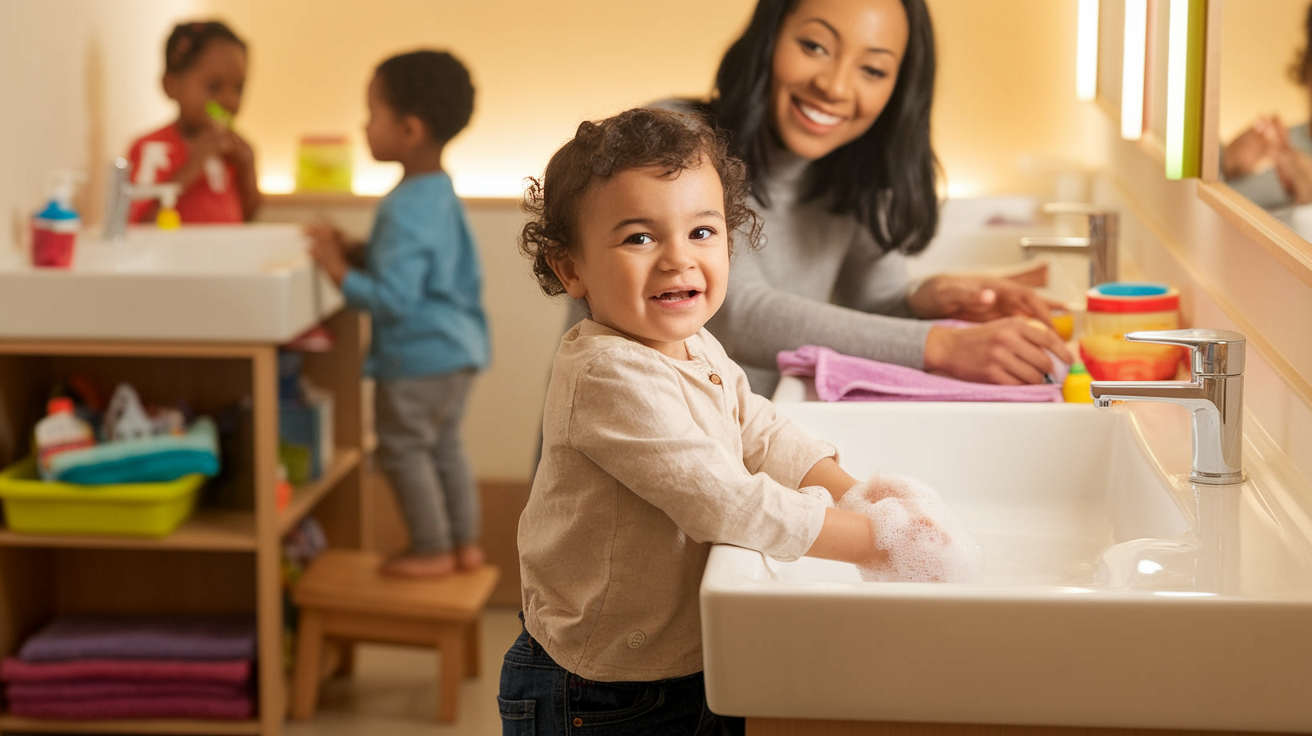
Self-care skills develop gradually, and children are capable of learning basic tasks from toddlerhood. Between ages 2 and 3, children can begin mastering simple hygiene like hand washing and basic grooming with supervision.
By preschool (3-5 years), they can handle more complex routines independently, such as brushing their teeth, getting dressed, and helping with simple cleanup tasks.
Encouraging self-care builds confidence and essential life skills while developing fine motor coordination and problem-solving abilities. Tasks should match developmental readiness – start with simple steps before advancing to more complex skills.
Patience and positive reinforcement are key as children learn through trial and error.
Toddlers can learn to wash hands, use utensils, and put away toys, while preschoolers can dress themselves, brush their teeth with supervision, and help with basic household chores.
111 Fun and Easy Self-Care Activities for Kids
Self-care isn’t just for adults! Teaching children to take care of themselves builds confidence and healthy habits that last a lifetime. These simple activities help kids develop independence while making everyday routines enjoyable.
1. Take a bubble bath
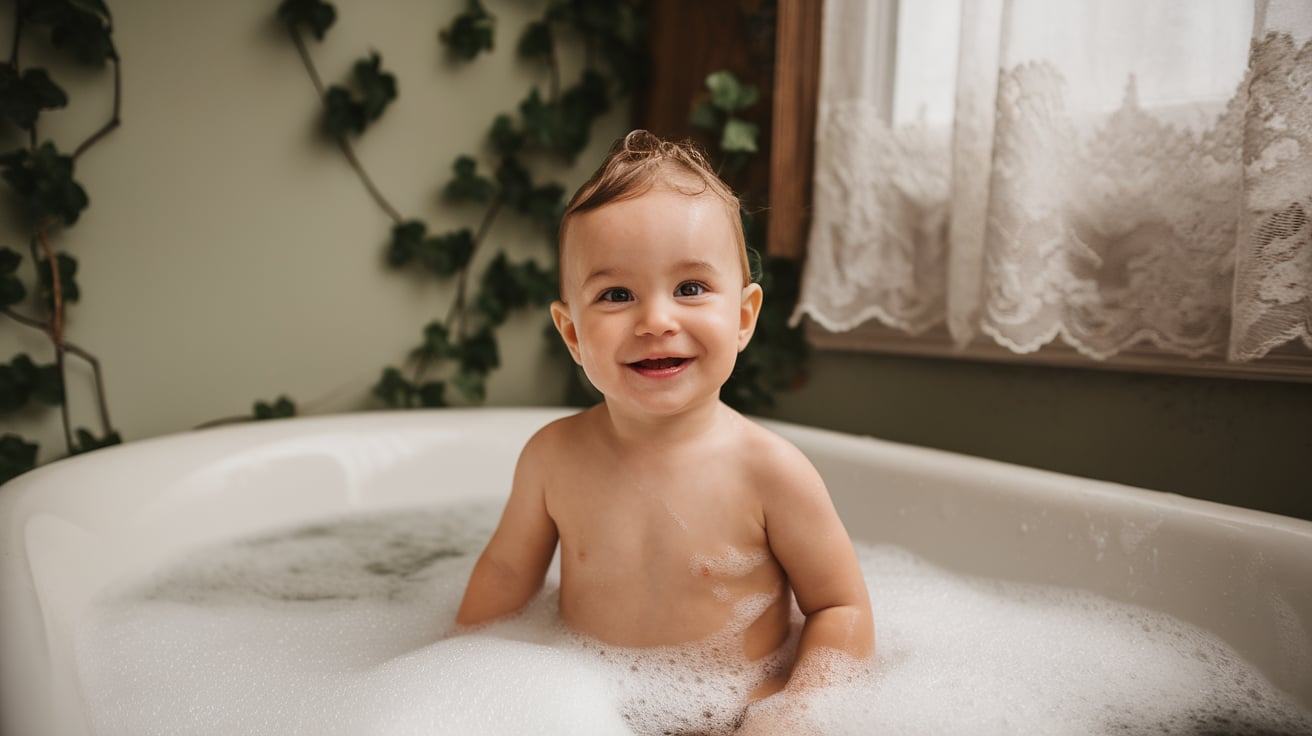
Appropriate age: Best for toddlers and up, with supervision.
Educational value: Teaches body awareness, hygiene habits, and relaxation techniques
2. Paint your nails
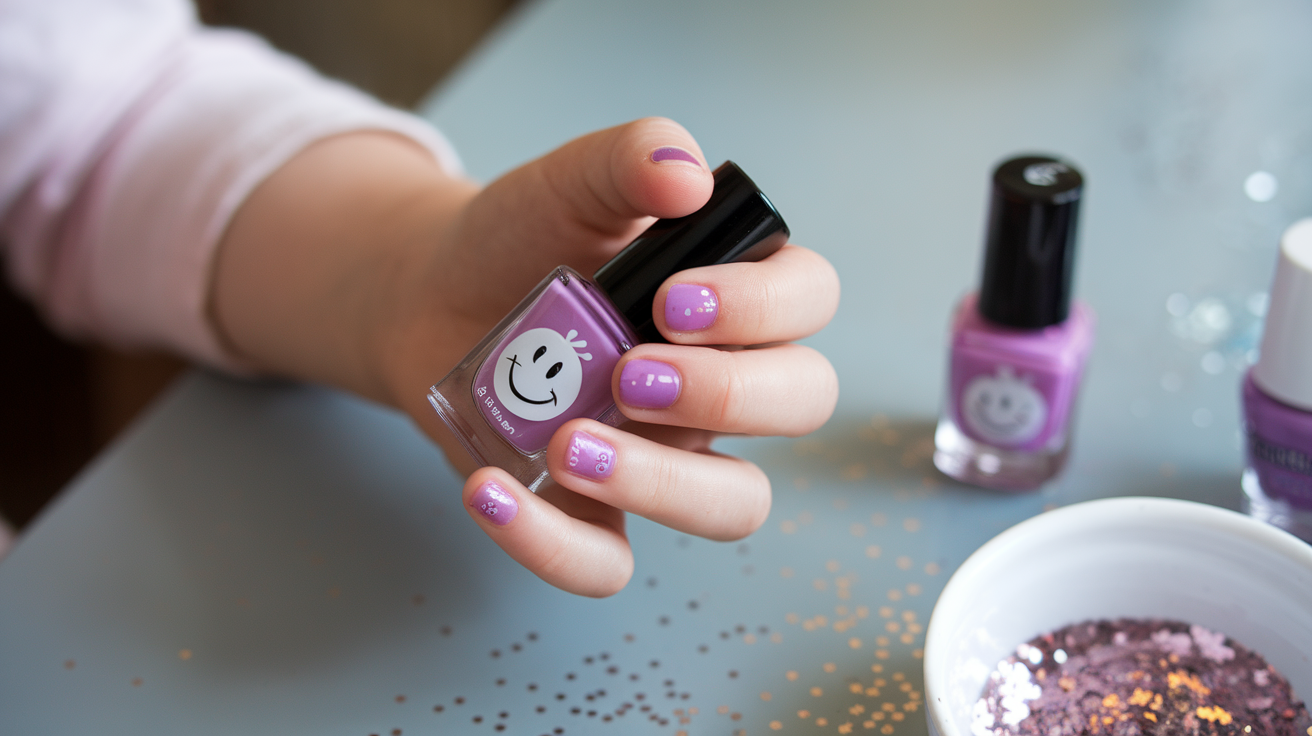
Appropriate age: Suitable for kids aged 4 and older.
Educational value: Encourages fine motor skills, creativity, and self-expression
3. Have a dance party
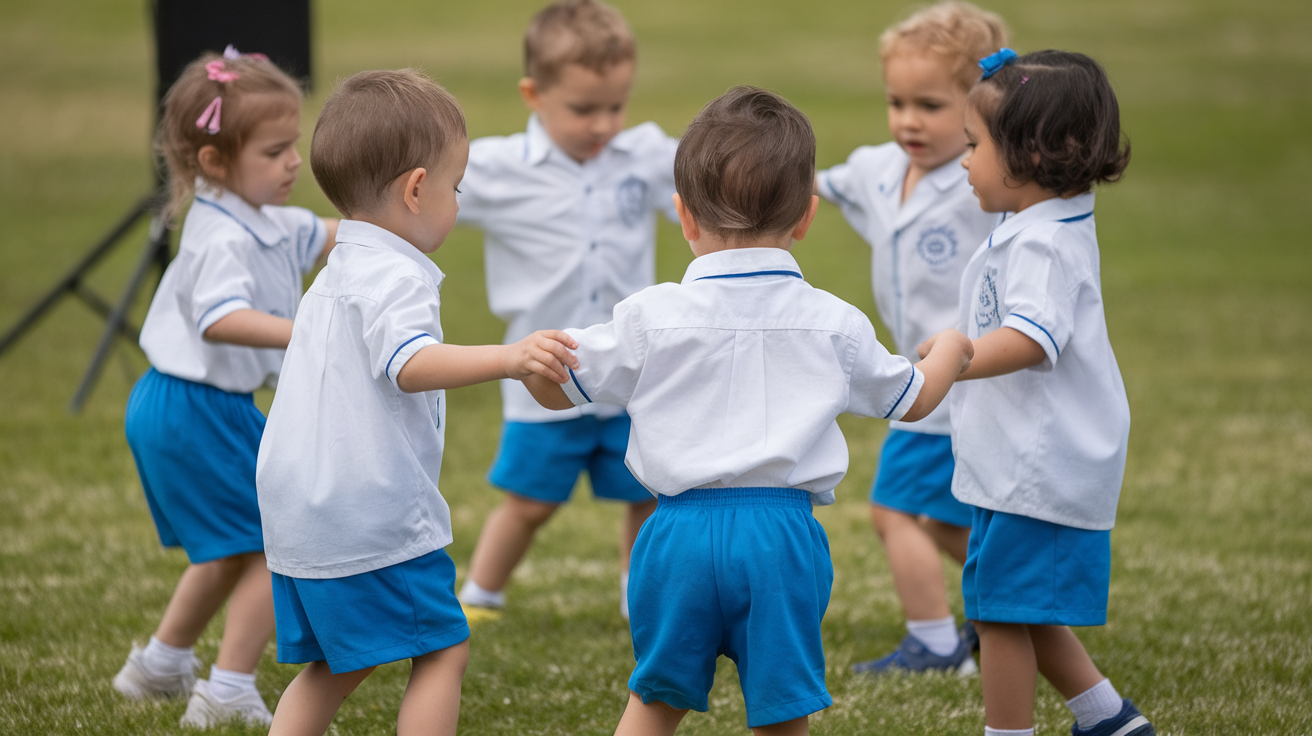
Appropriate age: Fun for ages 2 and above.
Educational value: Development of gross motor coordination, rhythm, and emotional release
4. Try finger painting
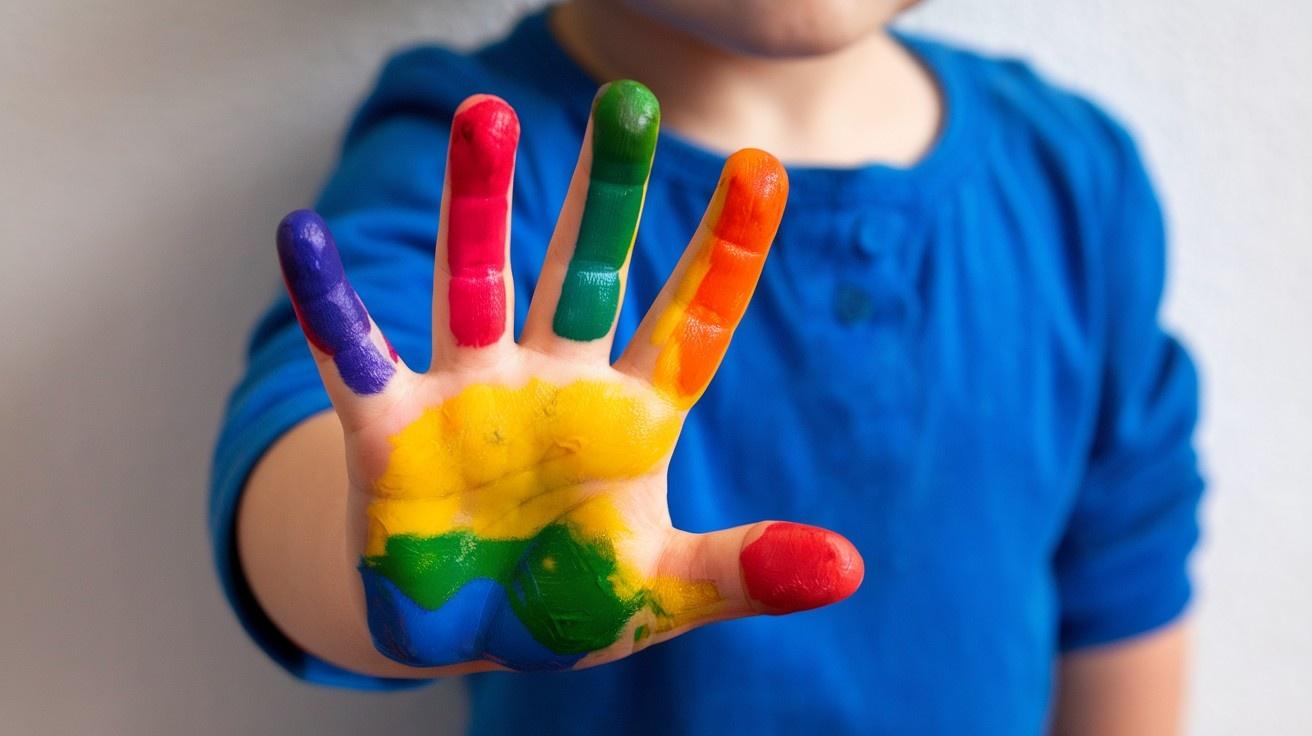
Appropriate age: Ideal for ages 2 and up.
Educational value: Enhances sensory exploration, hand-eye coordination, and creativity
5. Make a fun hairstyle
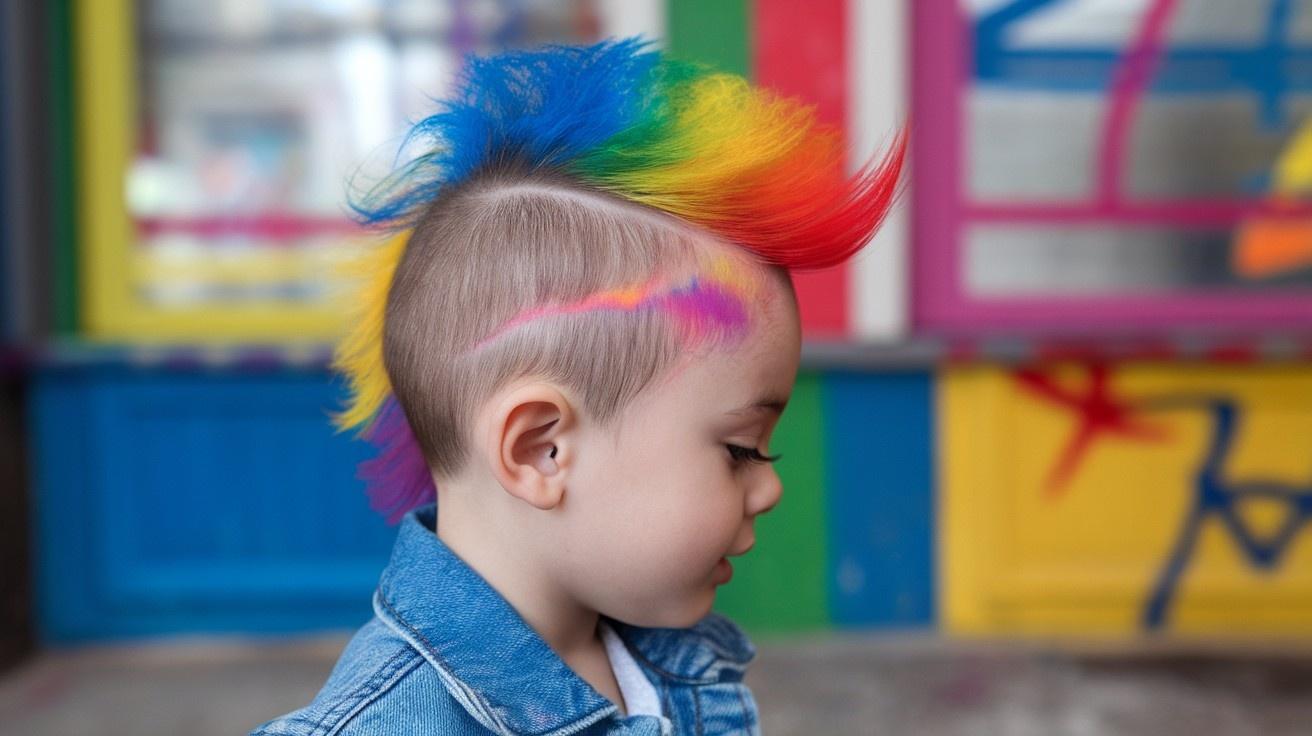
Appropriate age: Great for kids age 4 and older.
Educational value: Promotes self-care, identity expression, and independence
6. Color in a coloring book
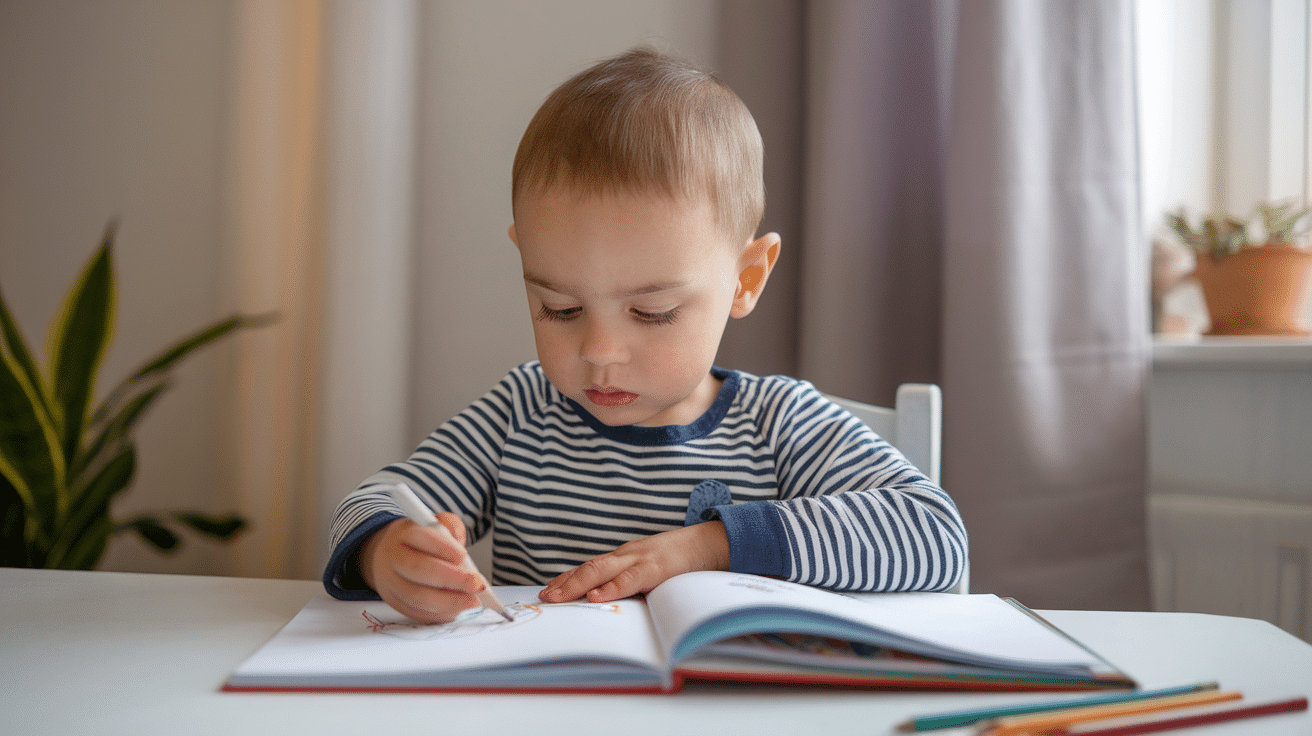
Appropriate age: Best for children 3 years and older.
Educational value: Builds focus, color recognition, and fine motor skills
7. Build a blanket fort
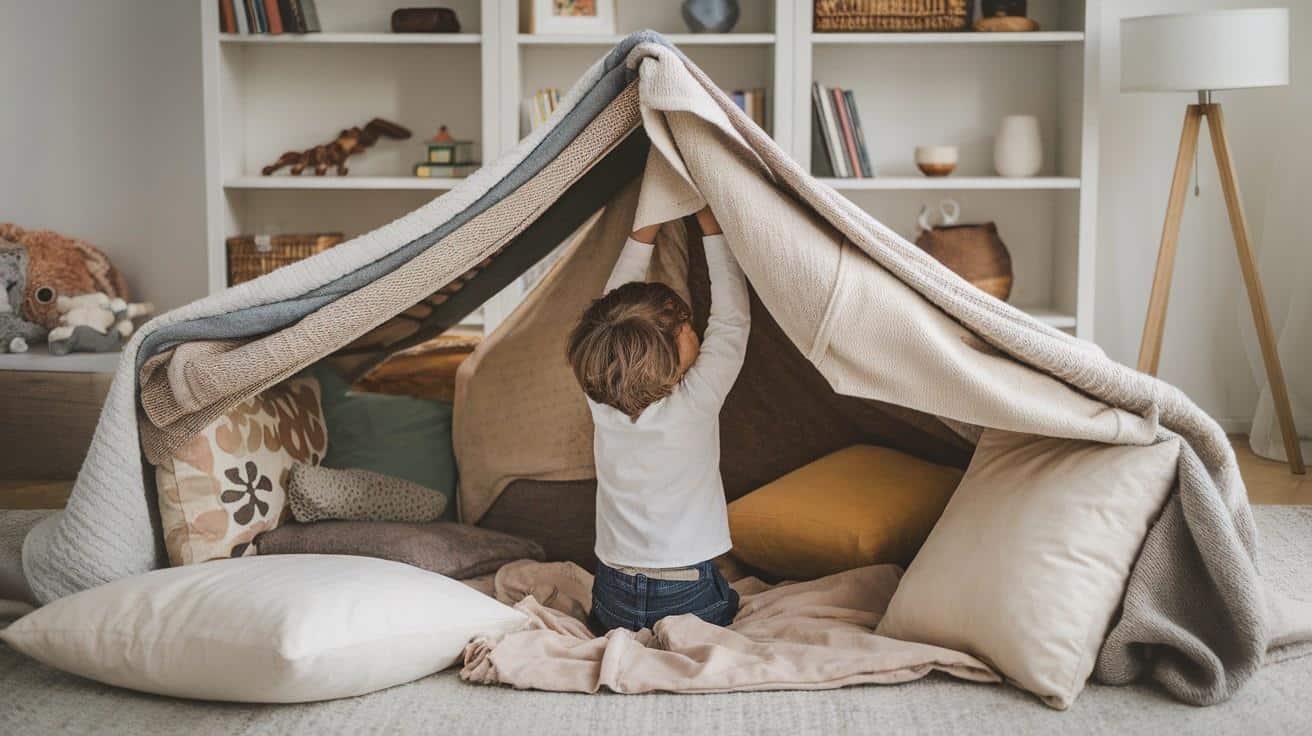
Appropriate age: Perfect for ages 3 and up.
Educational value: Fosters creativity, problem-solving, and spatial awareness
8. Drink water with a silly straw
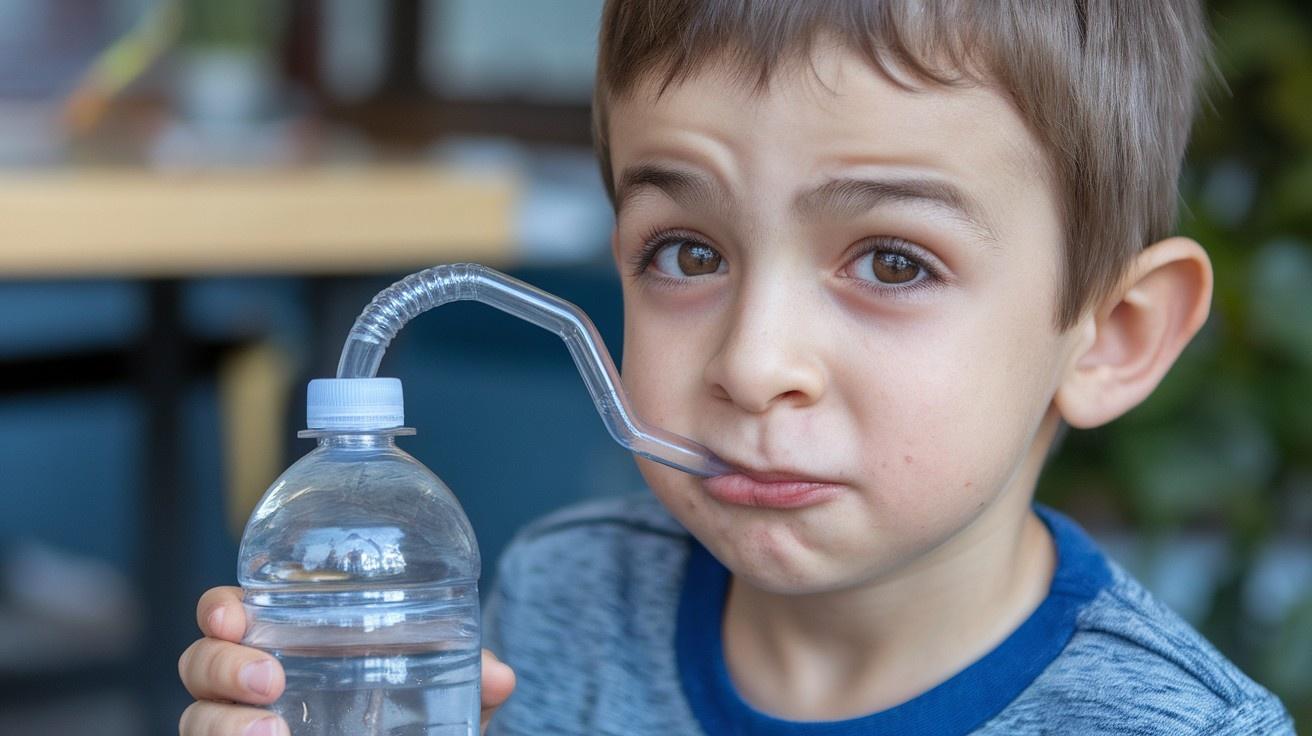
Appropriate age: Fun and safe for ages 2 and above.
Educational value: Supports hydration habits and oral motor development
9. Blow bubbles outside
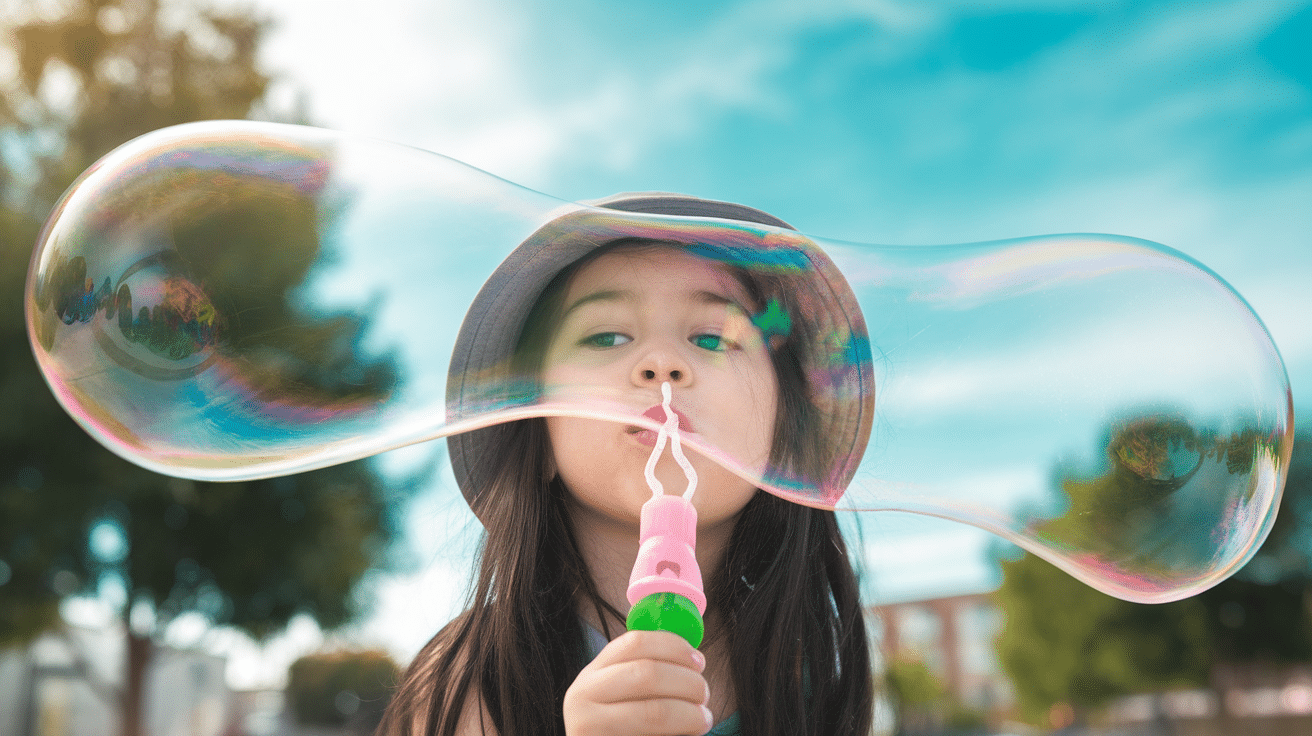
Appropriate age: Engaging for toddlers and up.
Educational value: Strengthens breath control, visual tracking, and motor skills
10. Cuddle with a stuffed animal
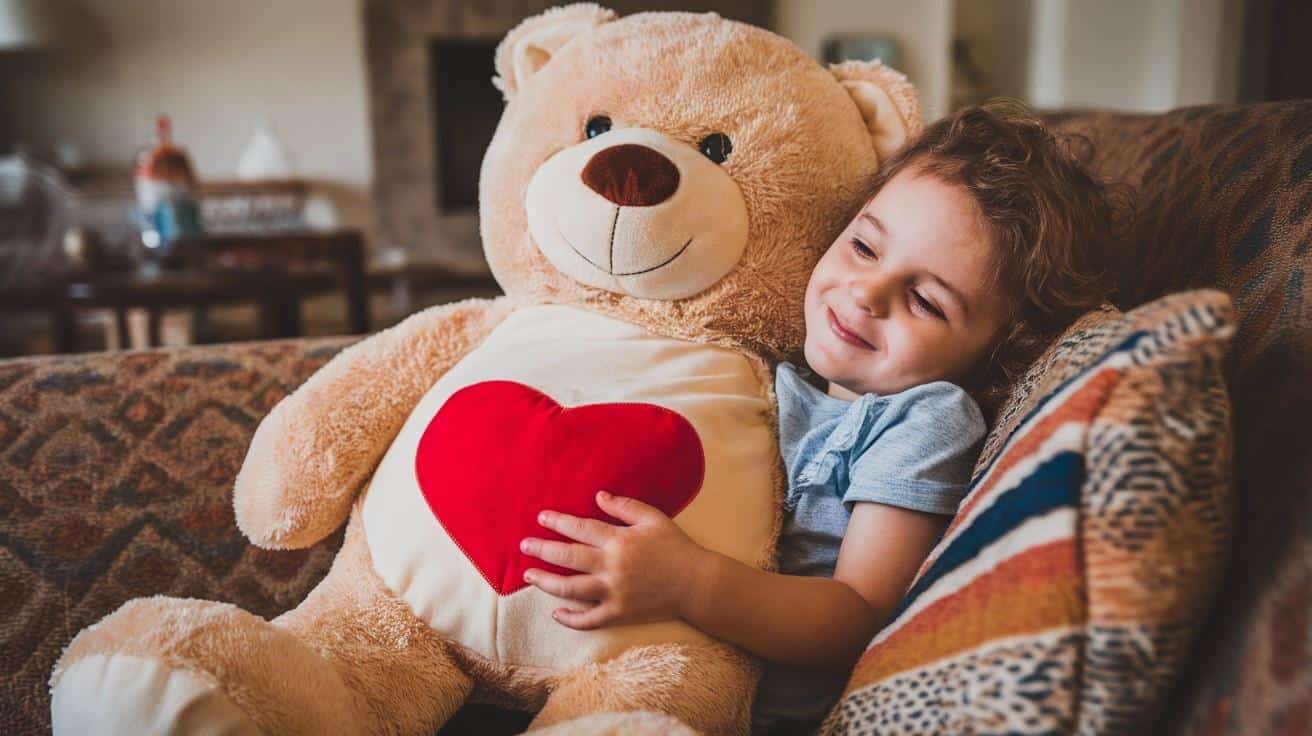
Appropriate age: Comforting from age 1 and older.
Educational value: Builds emotional security and encourages nurturing behavior
11. Sing your favorite song

Appropriate age: Enjoyable from age 2 and up.
Educational value: Enhances language development, memory, and emotional expression
12. Play with playdough
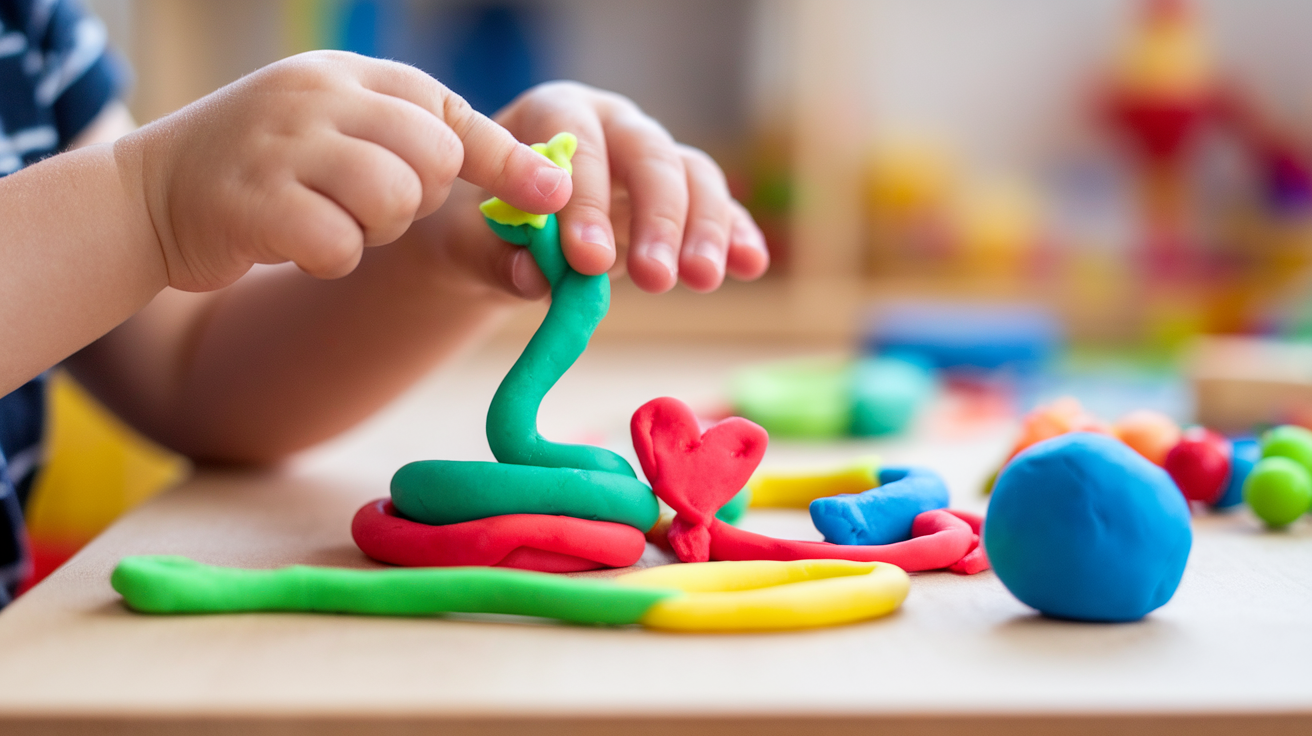
Appropriate age: Best for kids 2 years and older.
Educational value: Boosts tactile development, creativity, and fine motor control
13. Draw a self-portrait
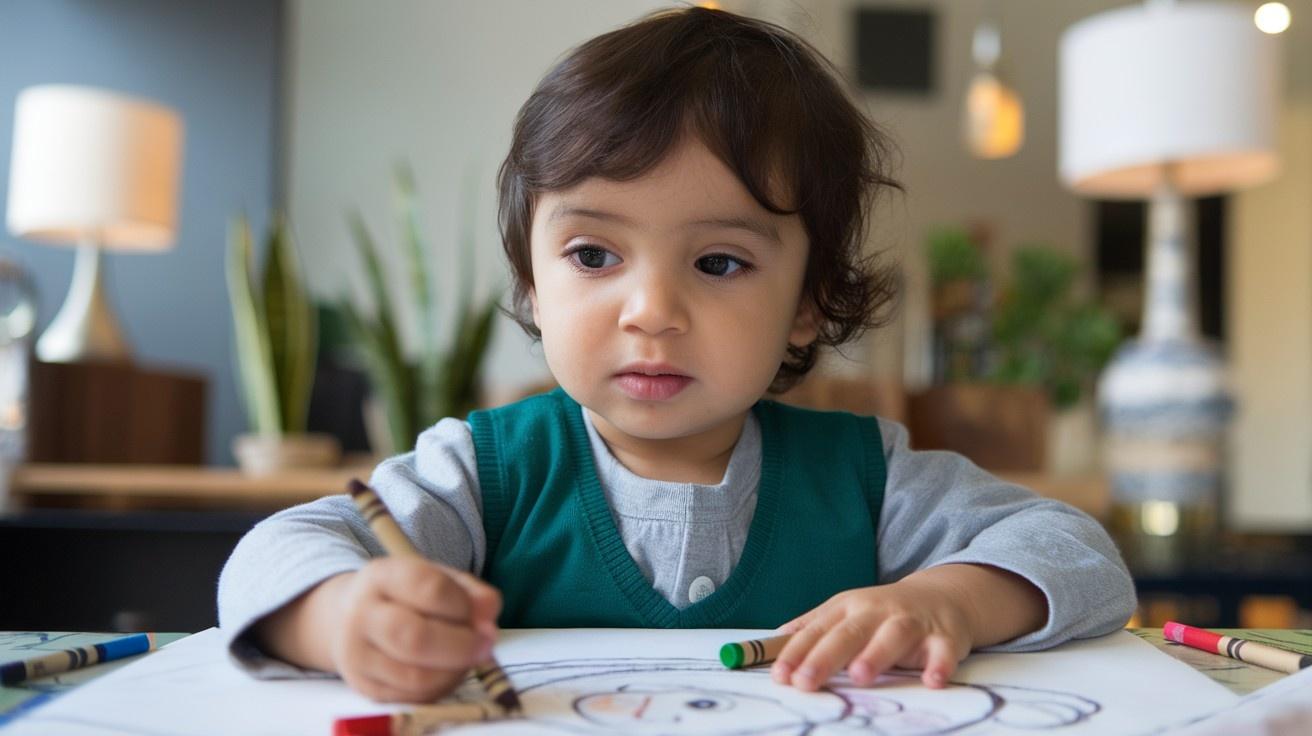
Appropriate age: Ideal for ages 4 and older.
Educational value: Promotes self-awareness, identity, and fine motor development
14. Pick flowers
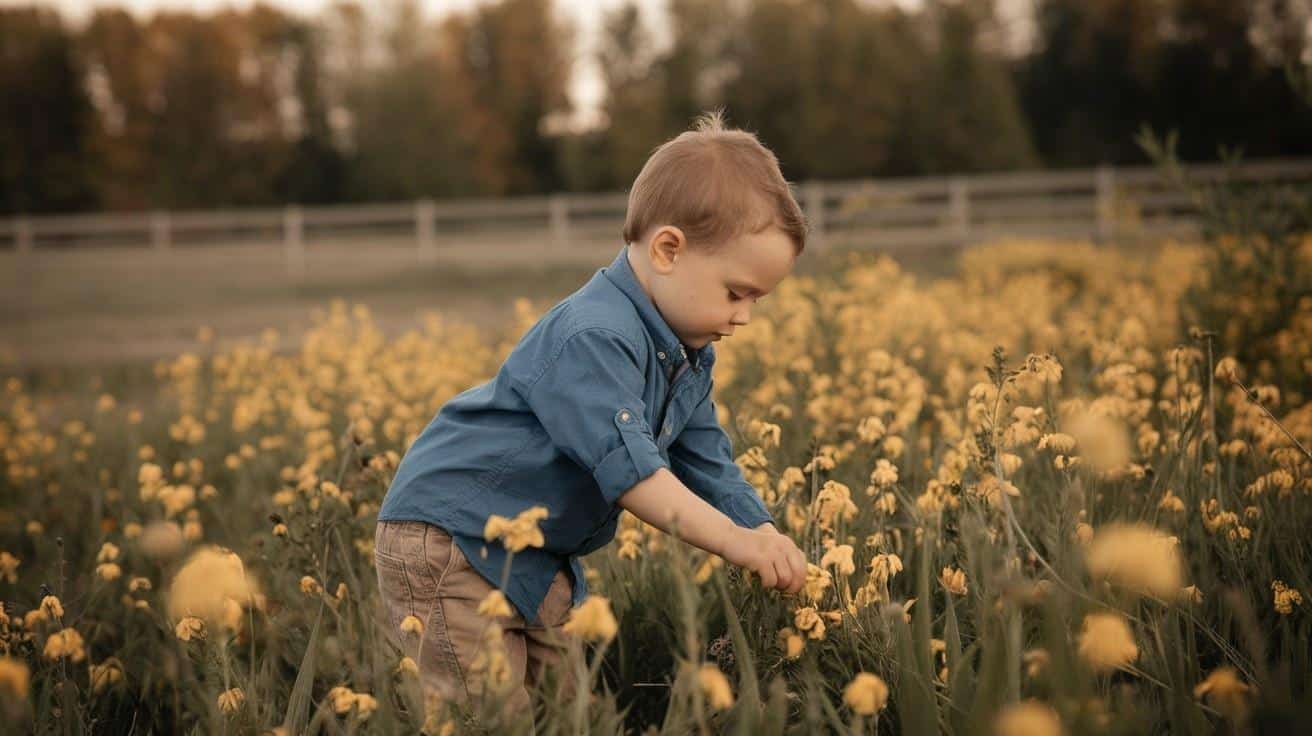
Appropriate age: Fun and simple for kids 3 and up.
Educational value: Encourages observation skills, nature appreciation, and mindfulness
15. Water the plants
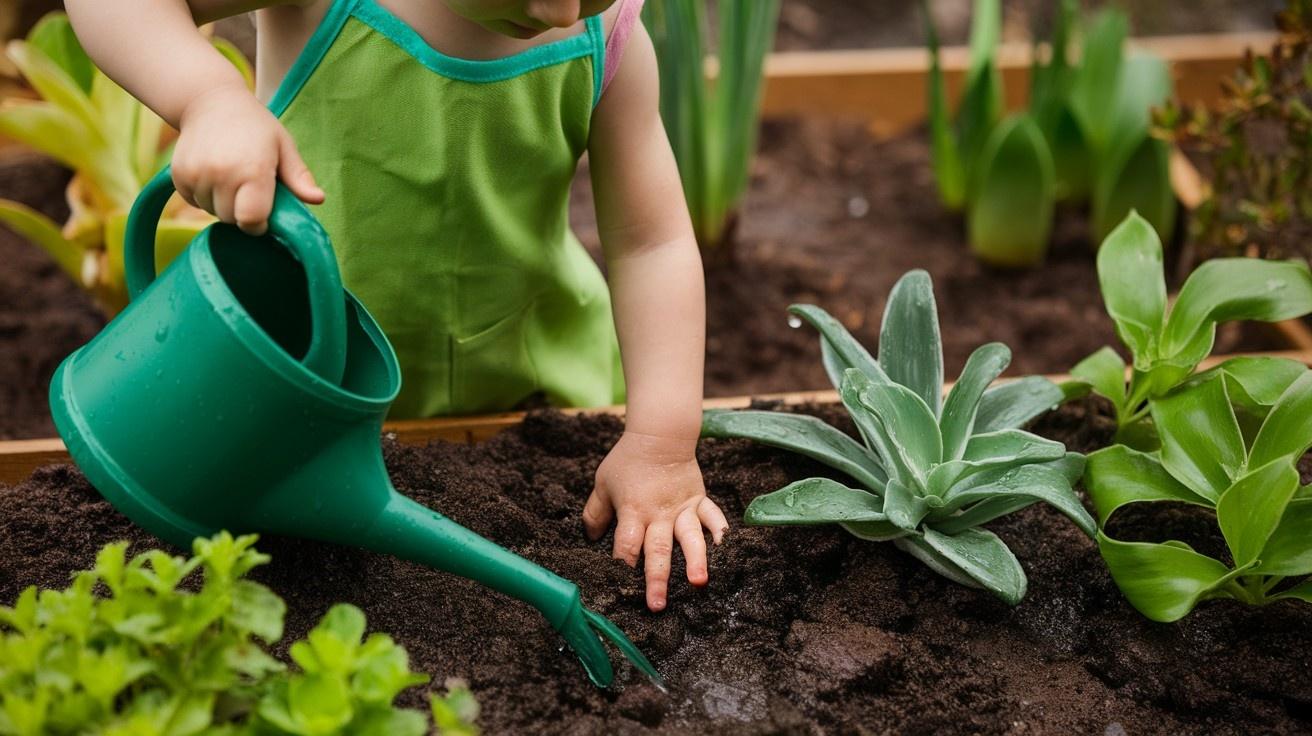
Appropriate age: Suitable for ages 3 and older.
Educational value: Teaches responsibility, routine, and environmental care
16. Tell yourself a joke
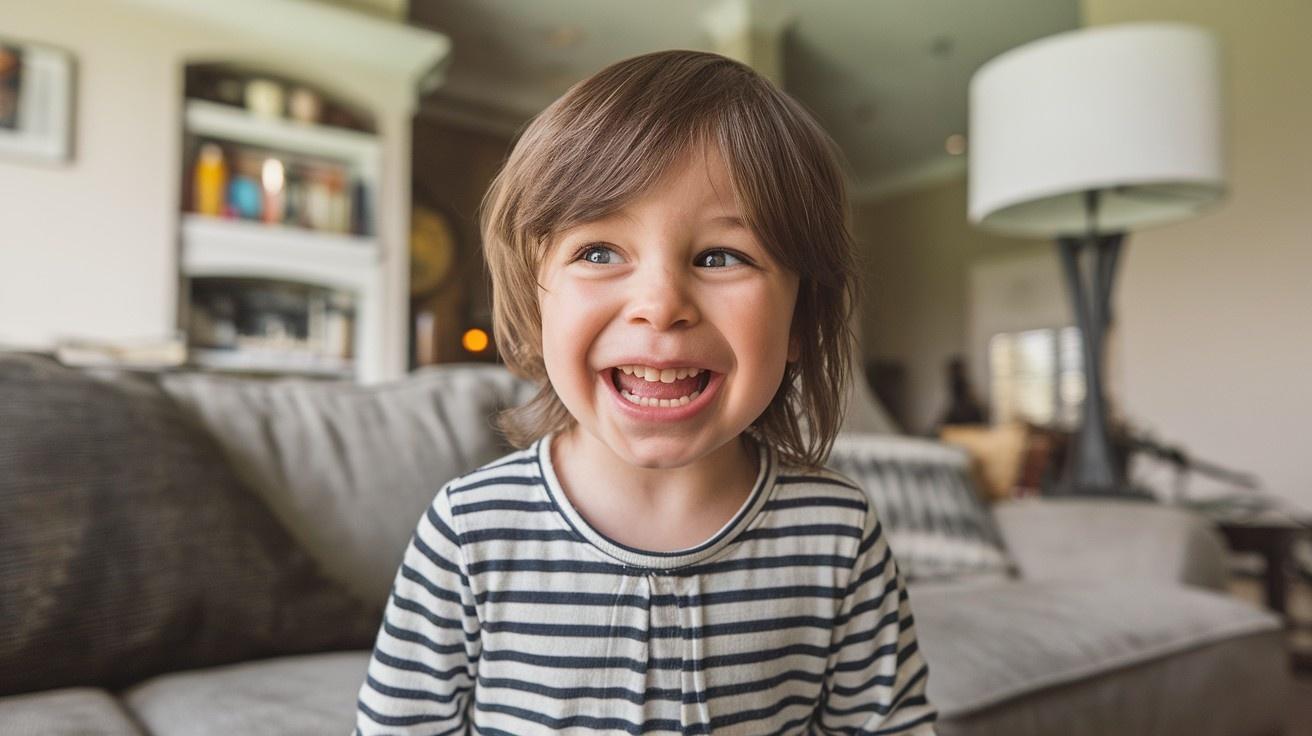
Appropriate age: Great for ages 4 and up.
Educational value: Supports humor development, confidence, and emotional regulation
17. Watch clouds and guess shapes

Appropriate age: Best for ages 3 and older.
Educational value: Enhances imagination, visual processing, and mindfulness
18. Make a gratitude list
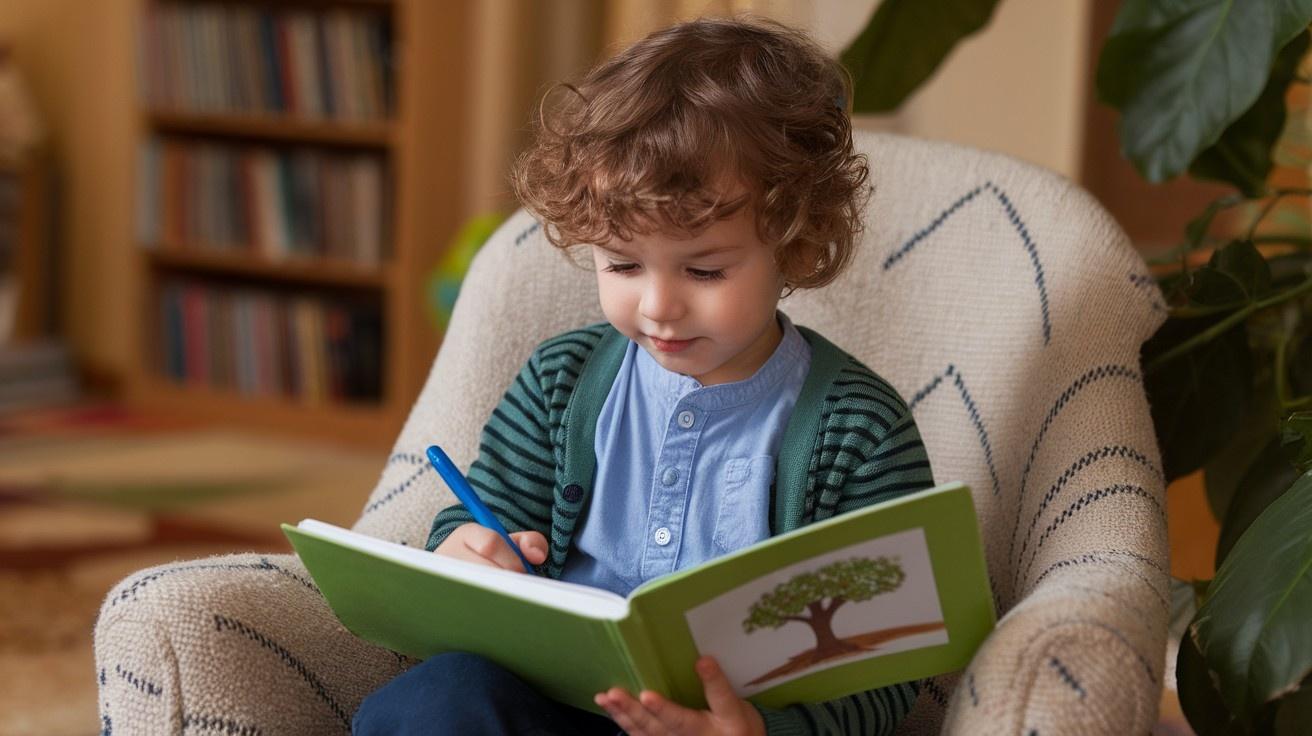
Appropriate age: Perfect for age 5 and up.
Educational value: It develops emotional intelligence, positivity, and reflection skills
19. Try yoga poses
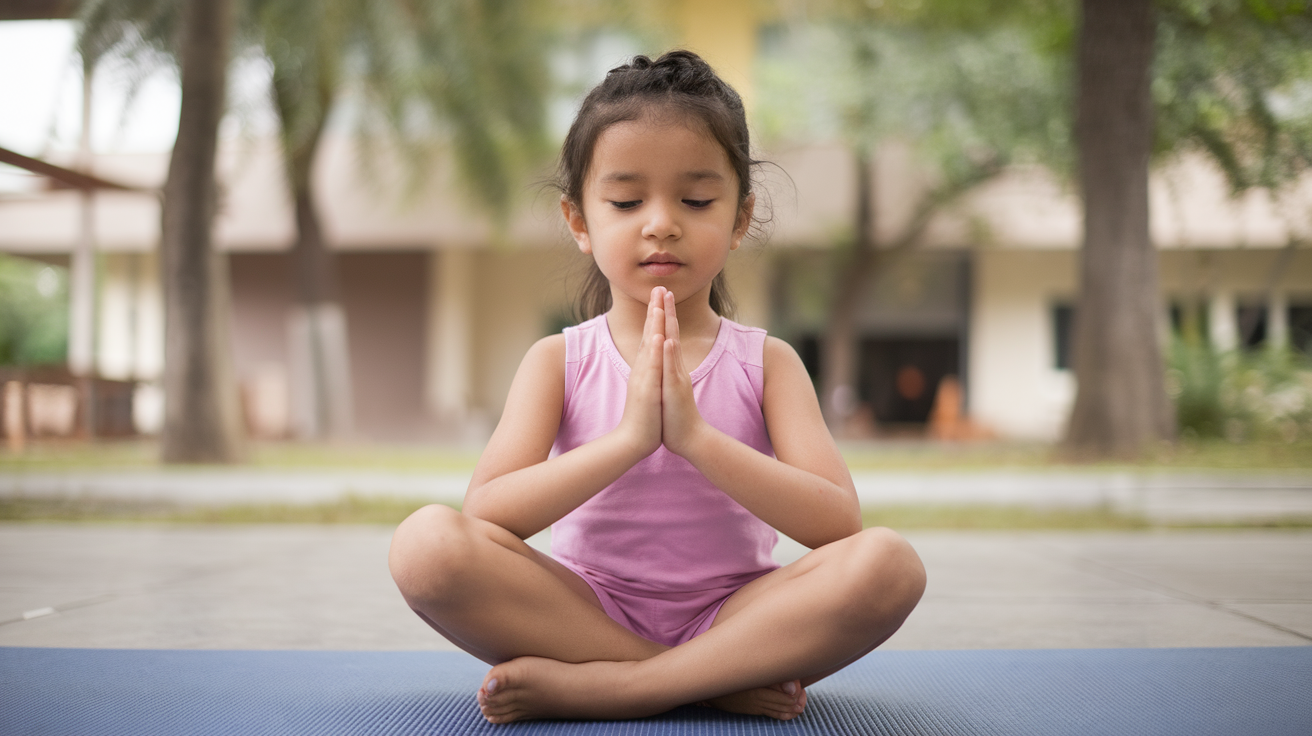
Appropriate age: Suitable for children 3 and up.
Educational value: Improves balance, body control, and calmness
20. Do a silly walk
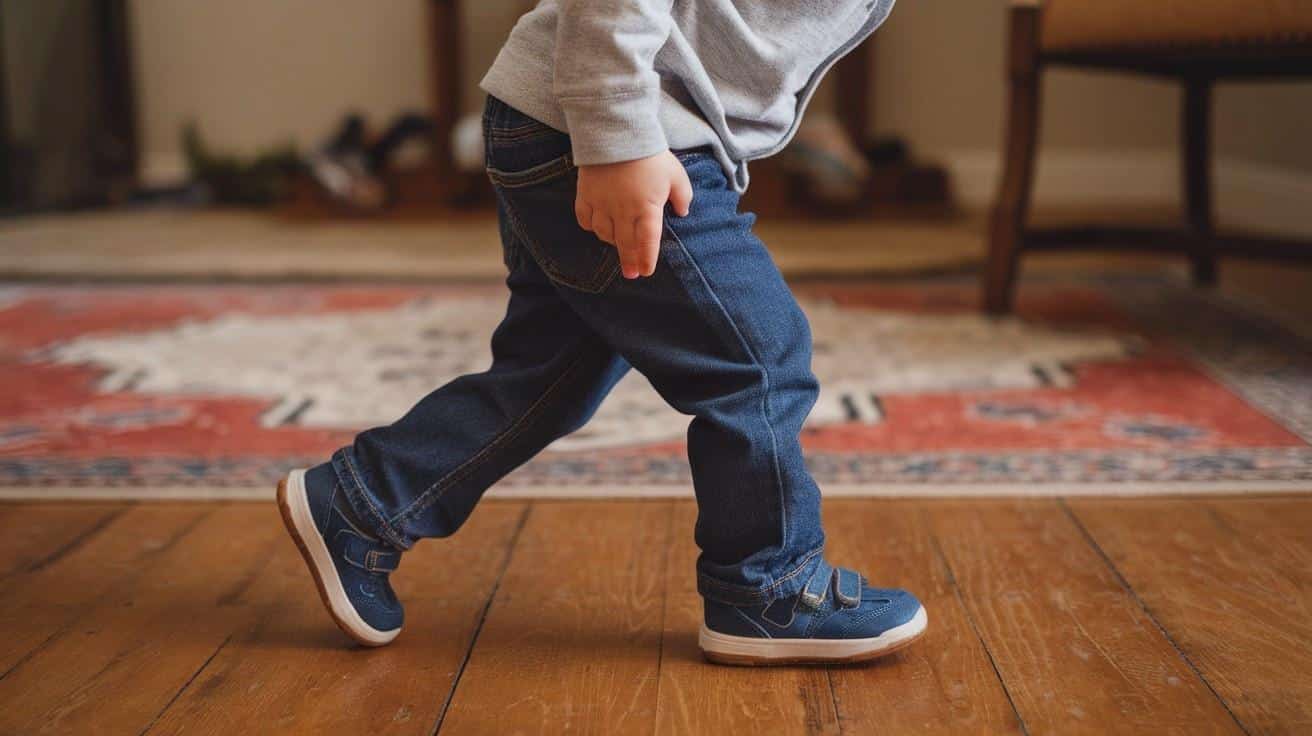
Appropriate age: Fun for toddlers and older kids.
Educational value: Encourages body awareness, coordination, and stress relief through laughter
More Fun and Easy Self-Care Activities for Kids
21. Decorate your room
22. Make a snack by yourself
23. Stretch like a cat
24. Write a happy note
25. Hug someone you love
26. Paint rocks
27. Read a favorite book
28. Try guided meditation for kids
29. Draw with sidewalk chalk
30. Make a bracelet
31. Have a screen-free hour
32. Skip around the yard
33. Listen to calming music
34. Take deep breaths
35. Smell your favorite scent
36. Write a funny story
37. Play with water toys
38. Watch fish swim (real or video!)
39. Eat fruit slowly and mindfully
40. Use lotion on your hands
41. Wear comfy clothes
42. Have a cozy nap
43. Do a puzzle
44. Bake something with help
45. Make a collage
46. Act out a story
47. Play with a pet
48. Roll down a hill
49. Jump in puddles
50. Try a new hobby
51. Play hide and seek
52. Make a vision board
53. Take pictures of nature
54. Look at old baby pictures
55. Talk to your favorite toy
56. Write down 3 things you love about yourself
57. Make up a happy dance
58. Decorate a journal
59. Draw your dream room
60. Build with blocks or Legos
61. Make a kindness jar
62. Create paper airplanes
63. Try a new fruit
64. Talk about your feelings
65. Pretend to be a superhero
66. Write a letter to your future you
67. Try mindful coloring
68. Do 10 jumping jacks
69. Count your breaths
70. Give your toes a wiggle break
71. Watercolor paint
72. Watch the sunset
73. Put on fuzzy socks
74. Try a new game
75. Help clean up with fun music
76. Do a spa day with cucumbers
77. Wrap up in a blanket
78. Write a thank-you card
79. Do a scavenger hunt
80. Sit quietly for 1 minute
81. Make a craft with recycling
82. Write a poem
83. Draw how you feel
84. Create your comic
85. Use calming putty or slime
86. Play with a sensory bin
87. Make a paper crown
88. Take a silly photo
89. Pretend to be an animal
90. Whisper your favorite word
91. Decorate a cup or plate
92. Use stickers for fun
93. Trace your hand and decorate it
94. Make a puppet show
95. Pretend you’re floating on a cloud
96. Listen to nature sounds
97. Build something with sticks
98. Create a secret handshake
99. Play “Simon Says” with yourself
100. Say nice things to your reflection
101. Write down your favorite memory
102. Make a snack face on a plate
103. Do a “quiet challenge.”
104. Read to your stuffed animals
105. Put on a costume
106. Pretend you’re at the beach
107. Make a rainbow with crayons
108. Learn a magic trick
109. Create a silly monster
110. Imagine your perfect day
111. Smile at yourself in the mirror
Final Words
Children who develop self-care habits early build lifelong foundations for physical and mental well-being. Starting young helps normalize these practices as essential parts of daily life, not optional extras.
Parents play a crucial role by consistently integrating simple self-care activities into family routines.
If it’s deep breathing before bedtime, nature walks after school, or mindful coloring during quiet time, these moments become natural parts of a child’s day.
Remember that children learn through observation and participation. By modeling healthy self-care and involving kids in age-appropriate practices, parents nurture skills that will serve their children throughout life’s challenges.
Make self-care a family priority, and watch your children flourish with resilience and inner strength.
If you’re interested in more informational content on mothers and babies, feel free to click here and explore other blogs that you might enjoy.

